Microsoft Teams vs Skype: Why Use One Over the Other?
Take a look at the statements below and decide which one is best
6 min. read
Updated on
Read our disclosure page to find out how can you help Windows Report sustain the editorial team. Read more
Key notes
- Windows 11 is about to become the star of the year, and some major changes will positively affect the PC experience.
- Among the changes, Microsoft is proposing with the new OS are the beloved Teams and Skype communication platforms.
- Teams will be integrated directly into the system, while its big brother Skype will only be available in the Microsoft Store.
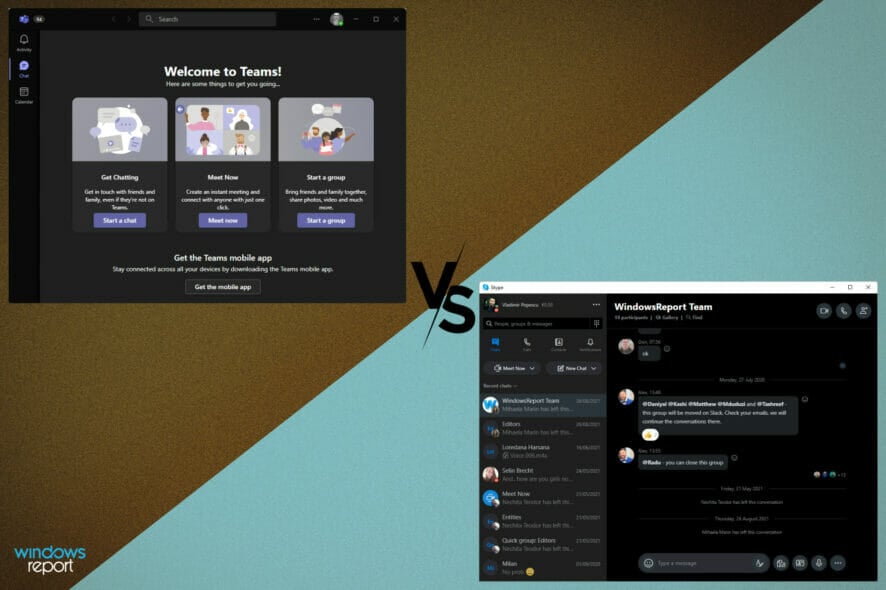
Since the debut of Windows 10 in 2015, Microsoft has been constantly concerned with improving the user experience and gradually adding updates, features, and apps.
The company has now decided to take the next step and go to the next level, developing a new operating system that it is preparing for release later this year.
With the release of Windows 11, some of the apps we’ve become familiar with will disappear and be replaced by others. One of these apps is, of course, the veteran Skype.
But there’s no room for gloom in the middle because Microsoft Teams will become the new star of the system and allow you to quickly get in touch when needed.
This cross-platform communication tool will be integrated directly into the system, while Skype will only be accessible in the Microsoft Store.
And the obvious question for all is whether users will prefer Microsoft Teams over Skype in the new operating system.
Microsoft Teams vs. Skype for Business in Windows 11
Audio and video calls
If you’re having network problems because you’re not getting enough bandwidth to make a decent audio or video call, then Microsoft Teams is your ally.
Teams require only 1.2 Mbps to enjoy a high-quality audio or video experience with anyone inside or outside your organization.
This app supports users by enabling them to meet in teams of 10 to 10,000 people, no matter how many places they are in.
Skype is used by small companies with up to 20 employees. The app is free, except if you want to buy credit to make calls to mobile networks.
This business app offers video conferencing calls that can support up to 250 people, provides enterprise-level security, and allows you to manage employee accounts.
Chat feature
One of the major differences between the two apps lies in the features of the chat function. Teams have a big advantage over Skype in this matter.
By using Teams, users can access each private chat or group chat, and view its history at any time.
Conversations remain available to you regardless of when you were added to the chat, except for those conversations that have been deleted individually, and for which nothing can be done anyway.
The situation with Skype is slightly different, but not to be blamed, although let’s not forget that this is one of the great of conferencing platforms.
Chats don’t save to your history once you close the window, but of course, it does give you the ability to add different contacts to a group chat.
There is, however, a method by which you can save chat conversations, but you have to use Outlook as your default email.
File transfer
Microsoft Teams offers the ability for users to transfer files even when offline. You can send various files, from GIFs to memes to important documents.
With Skype, you can only transfer files if you are online, as it does not offer offline service. Of course, you can set both file size limits and the type of files you want to send.
Guest access
Another significant advantage of Microsoft Teams over its big brother Skype is that a guest in Teams can create a channel or participate in a private chat, transfer a file, post, edit, and delete messages.
Whereas in Skype, guests have to install the Skype app to join a meeting if they don’t have a Skype account already. They receive the invitation via email or calendar.
Other significant differences
One of the major differences that every user will notice when accessing the new OS will be that the Start menu will move to the center of the screen.
This change has a double impact, both visually and functionally, as frequently accessed programs and documents, including Microsoft Teams, will be located there.
So the Teams app comes integrated directly on the Taskbar, giving you the ability to start chatting, share documents, or calling just a click away.
The new interface is much more interactive, allowing users to initiate calls or invite other users with a simple press of the Meet button.
It’s also worth mentioning that other users can access Meet regardless of whether they’re using a PC, Android, or iOS device, and don’t necessarily need to have a Microsoft account.
Microsoft Teams is also likely to become more preferred because of the ability to send SMS messages to Android and iOS while allowing multiple accounts to be used.
The Chat app will replace the Meet Now feature in the already current version of Windows 10 you’ll find by default in the taskbar.
This new vision will forcibly replace the much-used Skype. But Microsoft isn’t giving up on Skype, it’s just making room for its little brother Teams.
It’s good to know that users can still download Skype for free whenever they want after upgrading to Windows 11.
Even though the push to put Teams ahead of Skype may be seen as a barrier Microsoft is putting in the way of users, they have a choice of which service they want to use.
Skype is the big brother you rely on and have always known how to provide you with the necessary help, but Teams is closer to you and comes to your rescue faster.
It’s a decision worth considering, especially as the pandemic has made videoconferencing tools even more popular than before, with users having no other way of interacting, at least in business.
Is Microsoft Teams better than Skype?
Skype has earned its reputation of the time by providing enough video chat and voice calls between mobile devices, PCs, tablets, smartwatches, and Xbox One consoles to keep them happy.
Nobody can reduce its value, and we are not talking about the material value as a company, but the value of efficiency in the communications market.
Microsoft has been forced to invest in all aspects of developing a new operating system, and it is taking all the risks, both in terms of new features and giving up on others.
As stated by Microsoft, Teams is more than simply a unified communication platform; it is also a collaboration tool, a window into other apps and services, and an App Hub.
This means that Teams is a single pane of glass for individuals to interact, collaborate, and eventually work and that Skype may be integrated within.
In this scenario, we believe the Microsoft Team will emerge victorious since Skype for Business announced the end of product development and support in 2019. While there is no official end date, as a consequence, the Skype for Business client is now in the process of fading out.
Luckily, there is still Microsoft Teams premium, and users can experience all its features for free by signing up for the Teams Exploratory version.
So it’s not just that you need to upgrade your operating system to take advantage of the new Teams. You need to make sure you meet the system requirements and specifications.
For more useful information about the new operating system, we’ve written a detailed guide on Windows 11 vs Windows 10 that you can take a look at.
Also, if you have more suggestions or other questions, please access the comments section below.

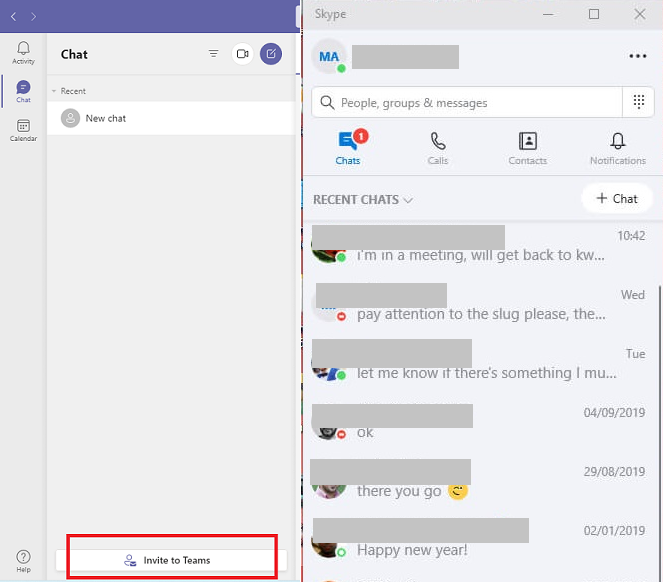

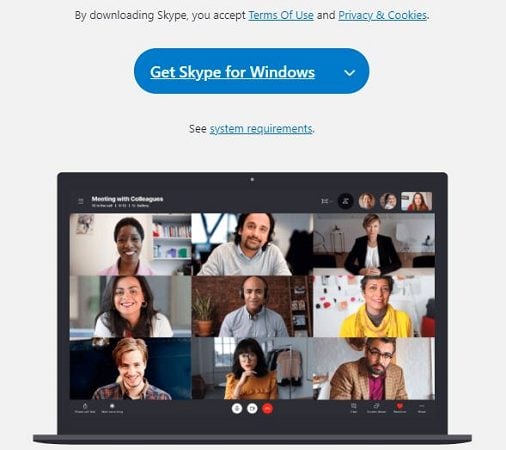
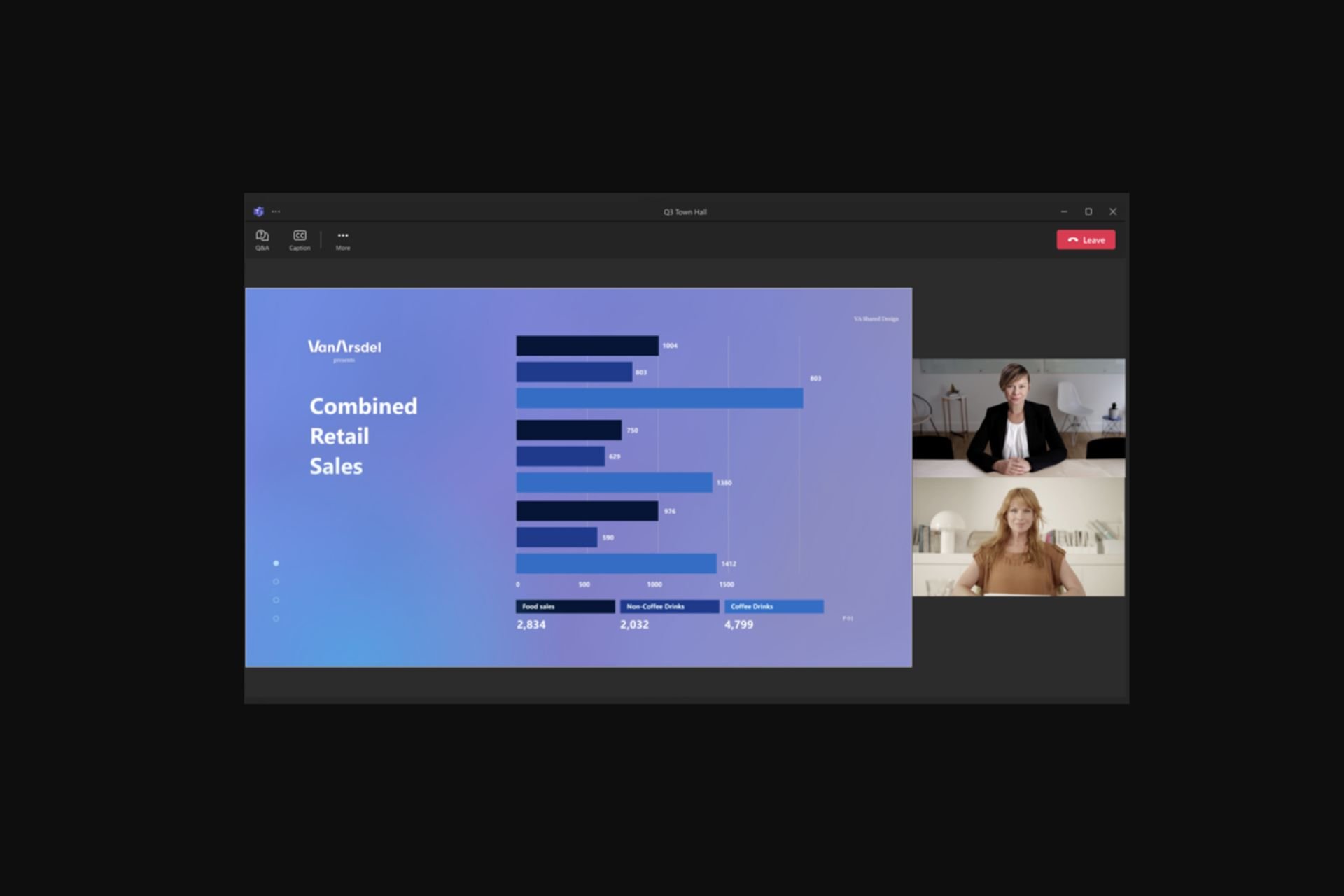
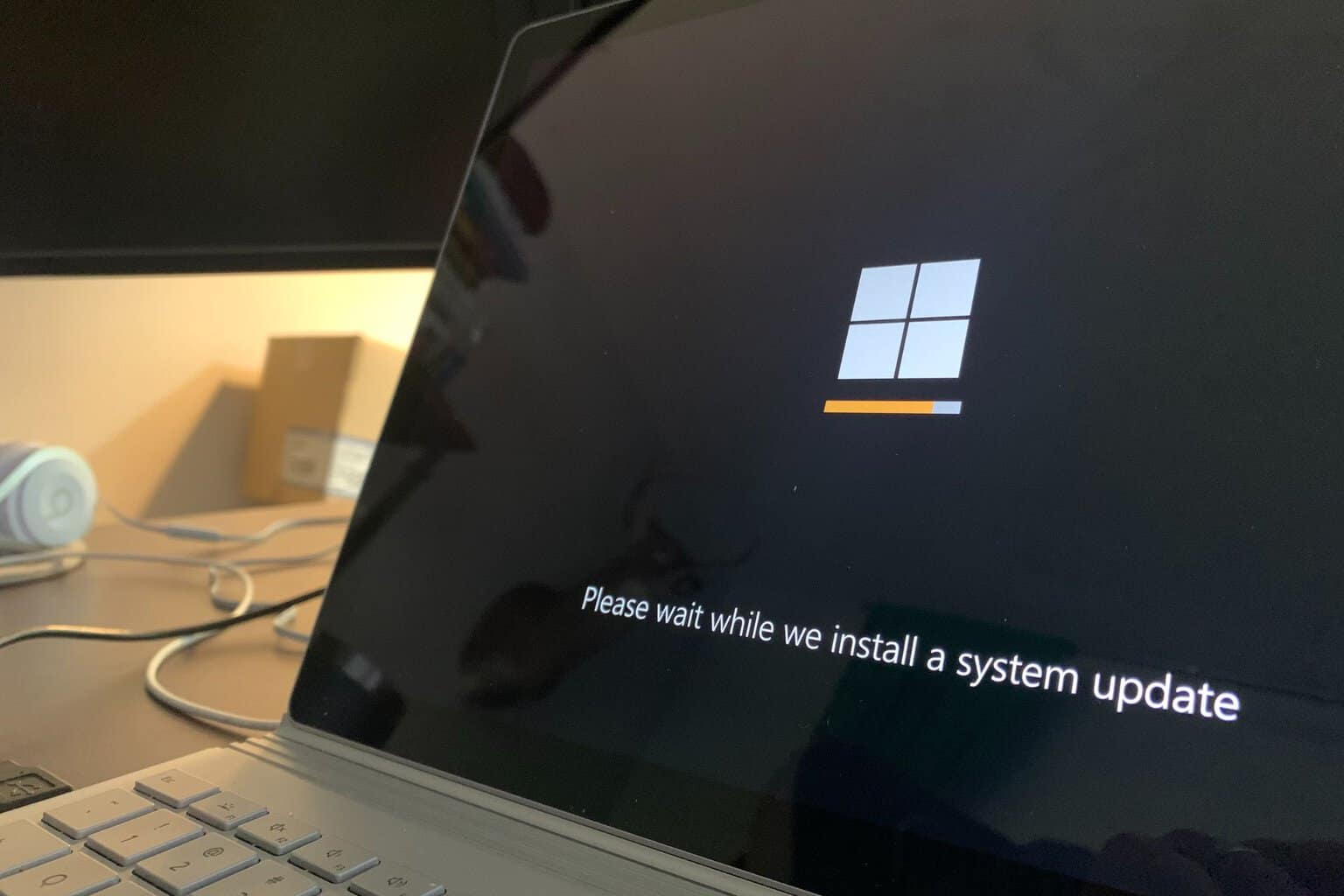
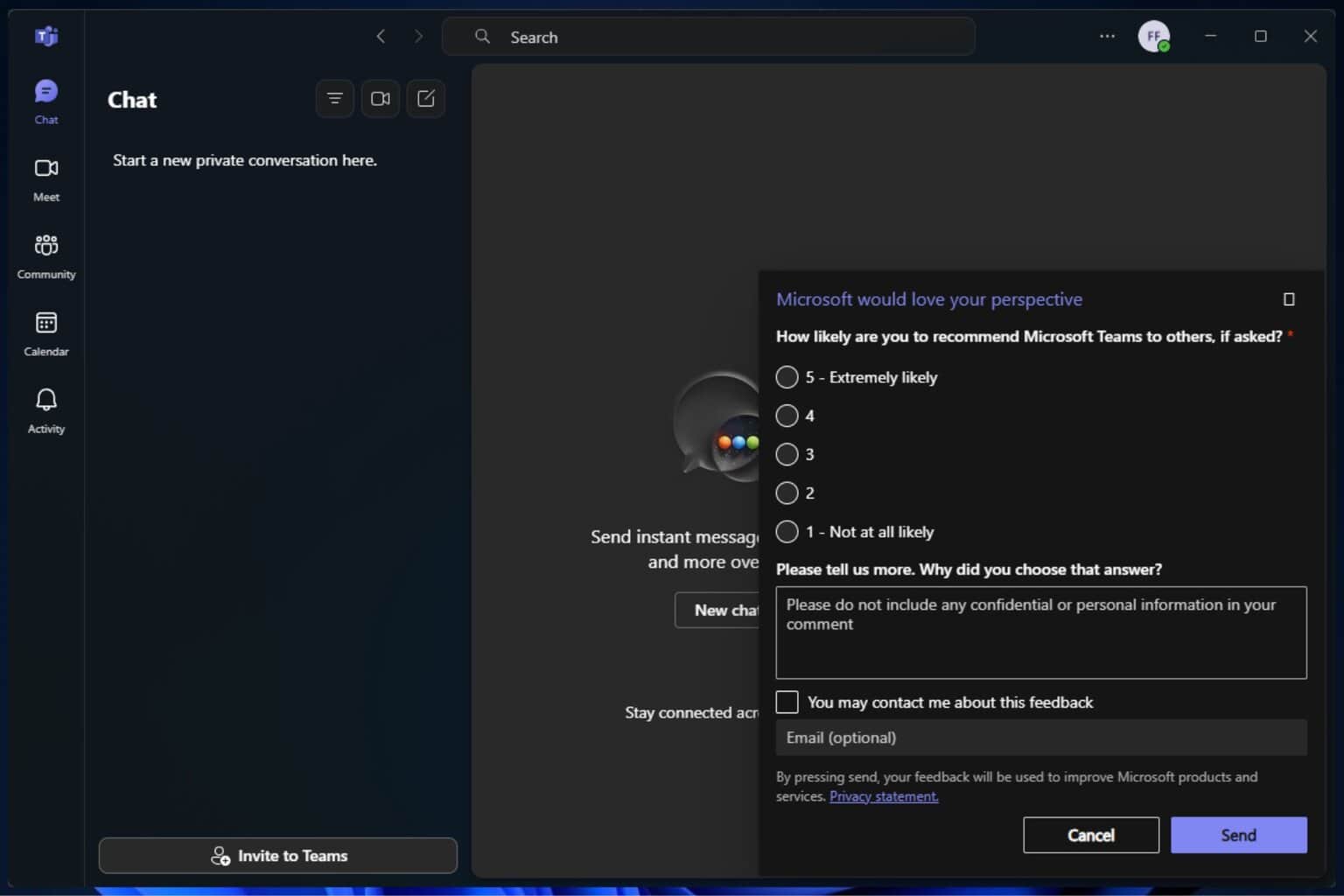
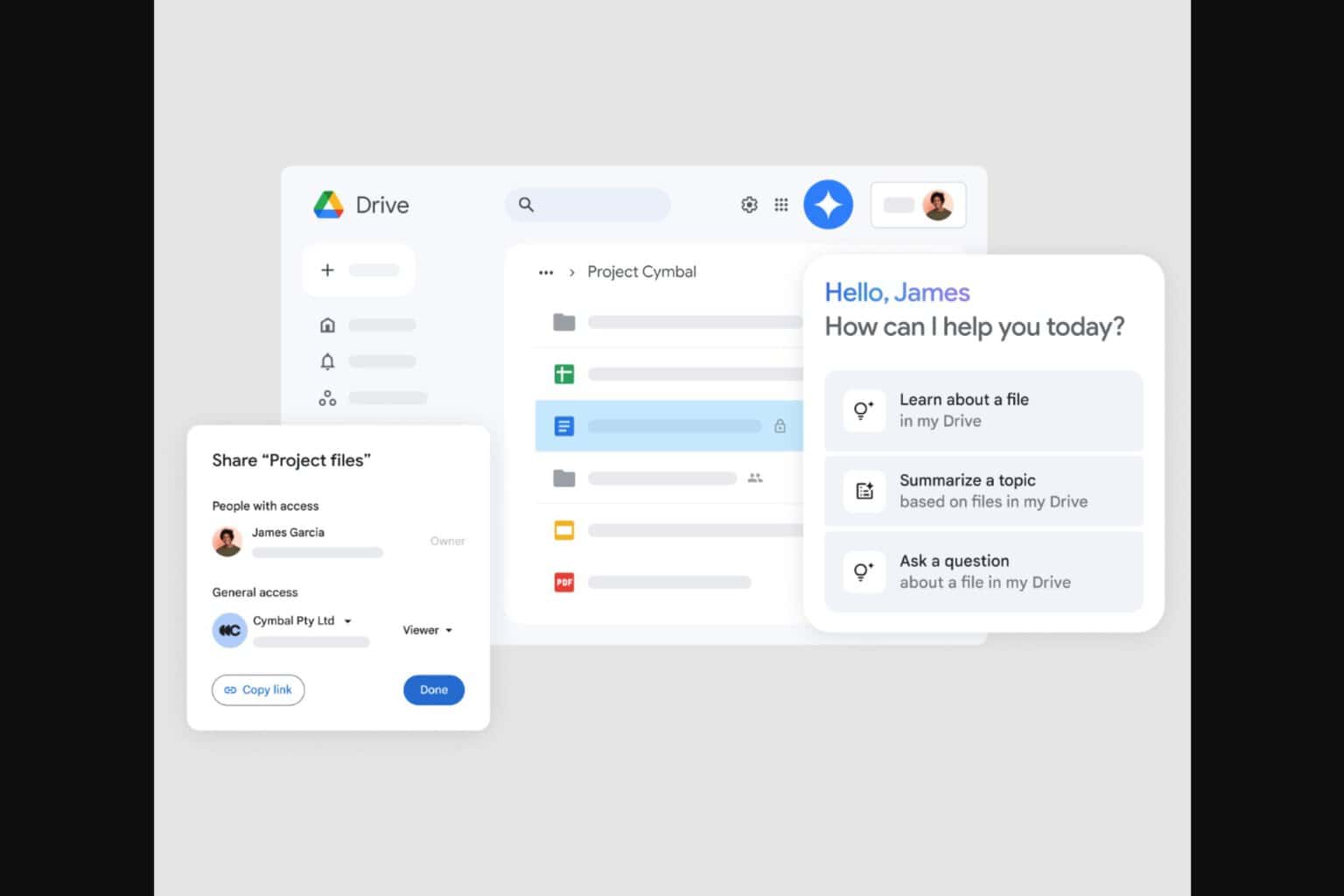
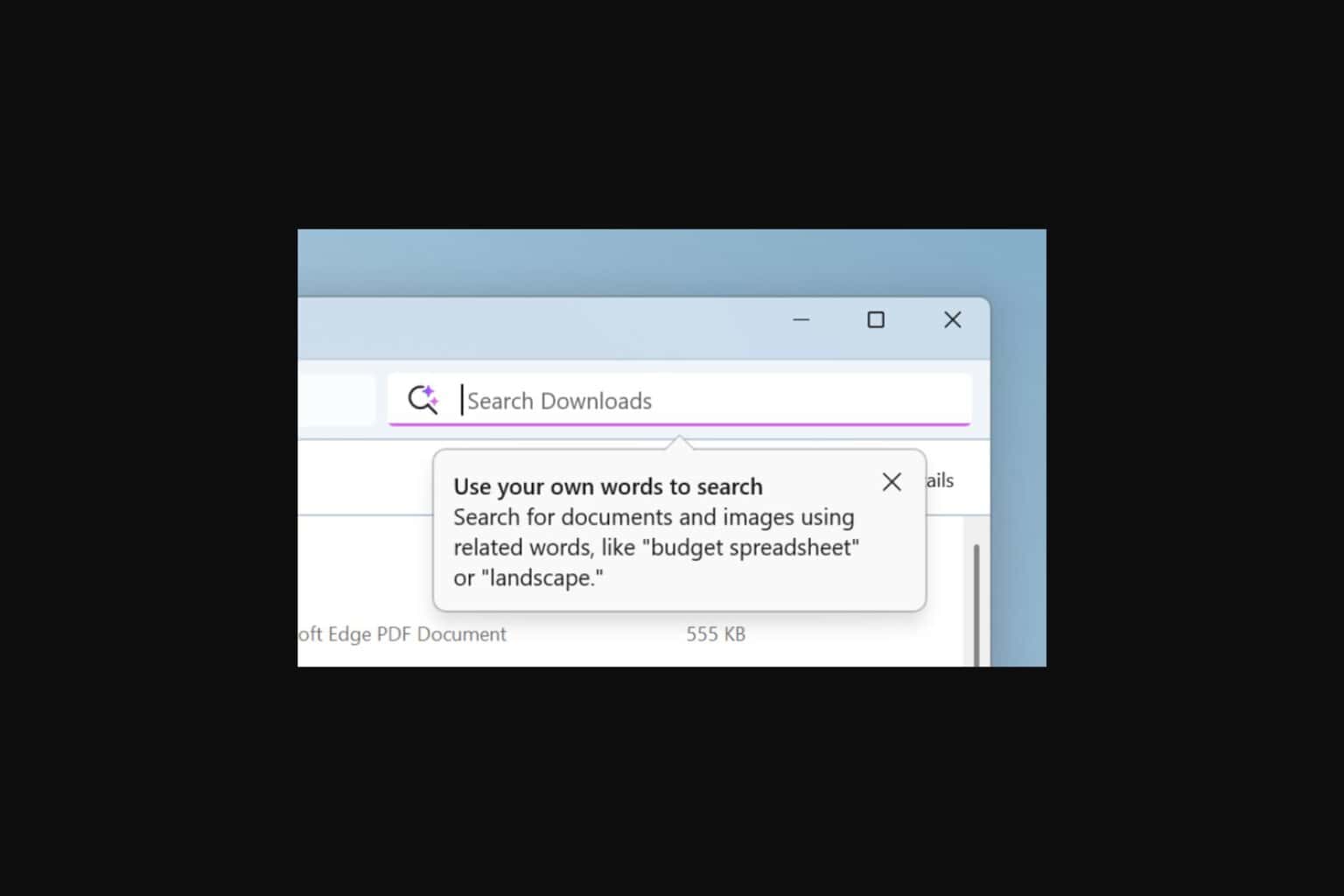

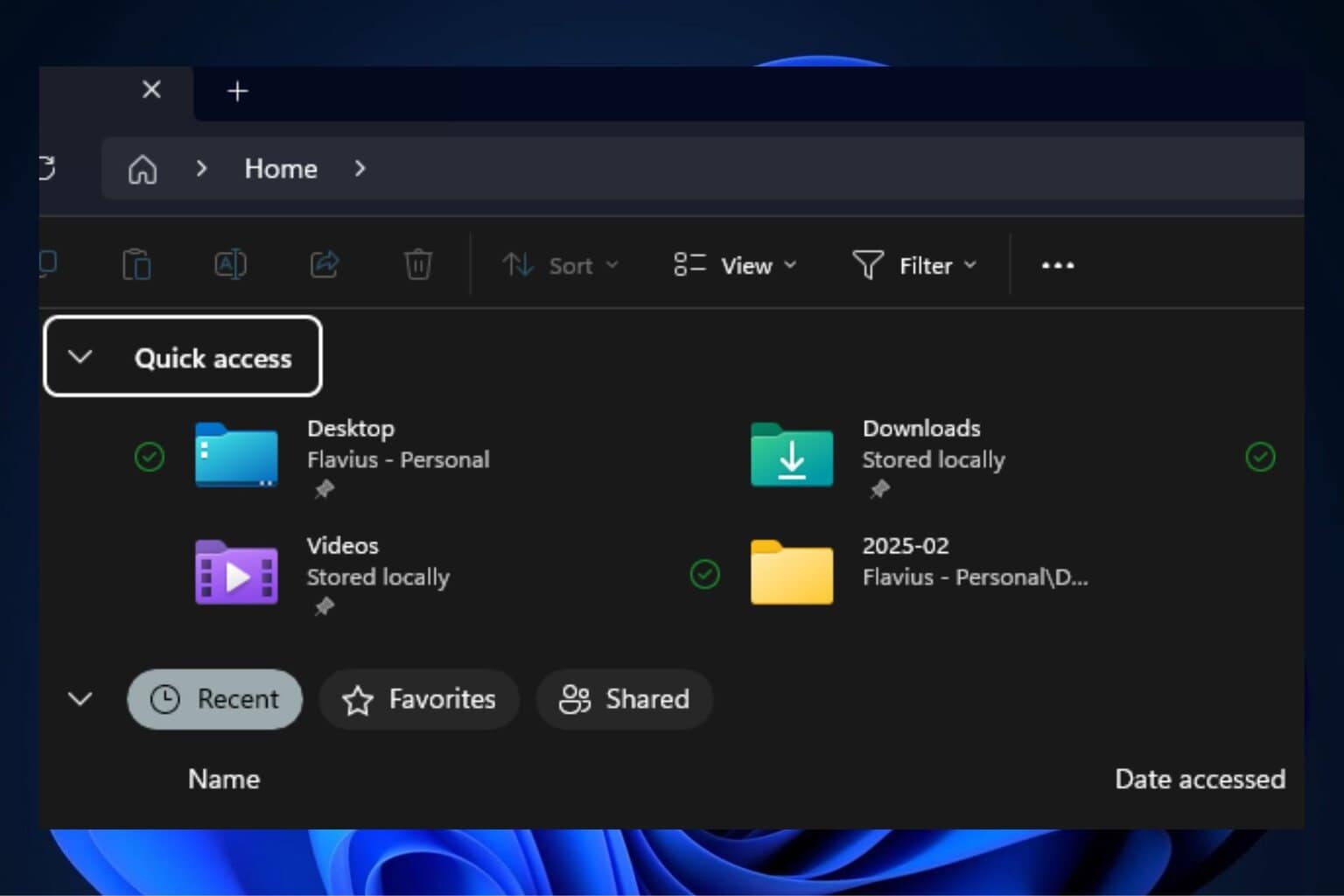
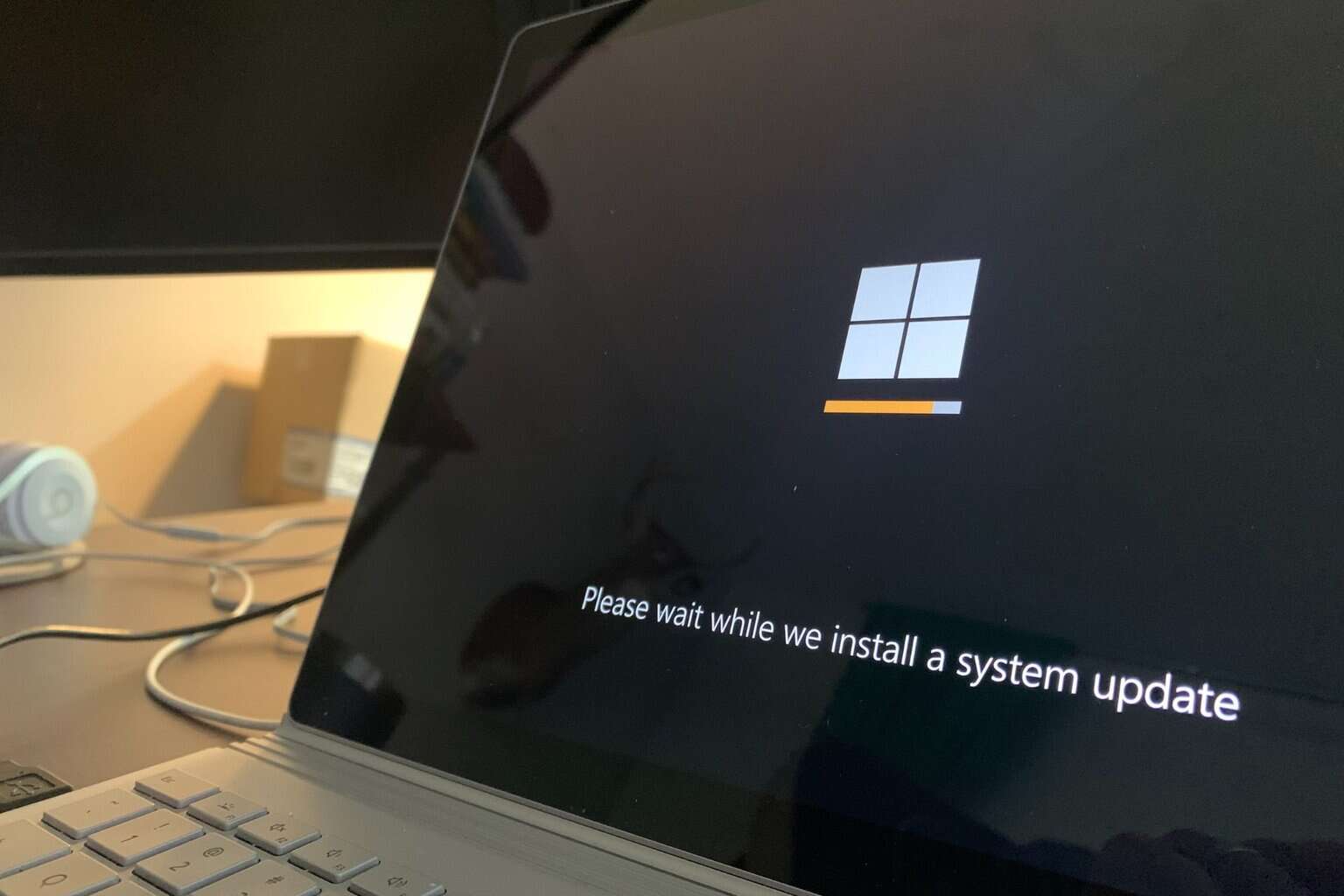
User forum
0 messages